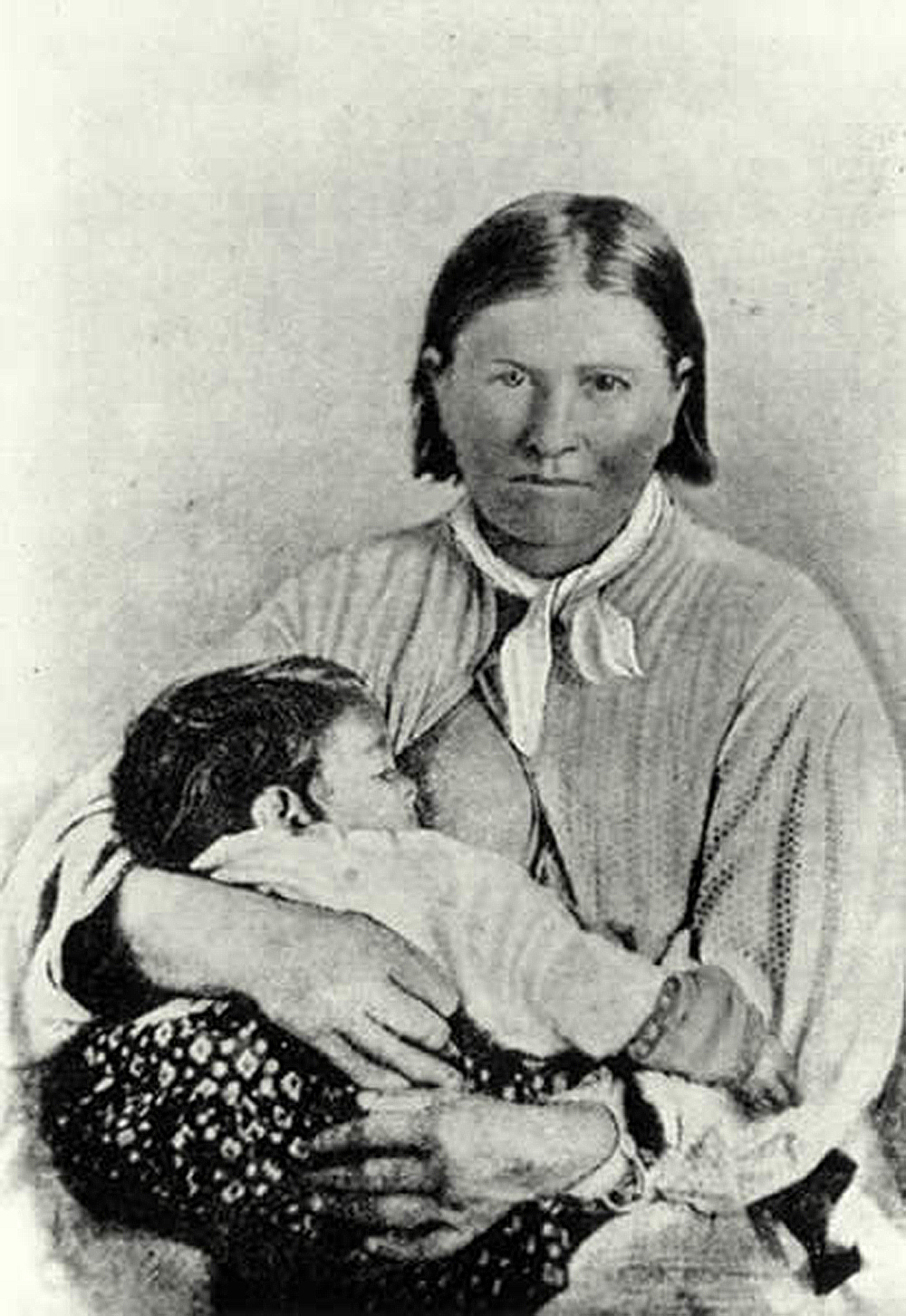
Cynthia Ann Parker, 1861. DeGolyer Library, Southern Methodist University.
Each issue of Lapham’s Quarterly, celebrating its tenth anniversary this year, addresses a theme—States of War, States of Mind, Food, Youth, Animals—by drawing on primary sources throughout history, finding the rhymes and dissonances in how these topics have played out and been perceived over the centuries. In this new series, we open up the sleuthing beyond our staff and four annual themes by letting historians and writers share what they have come across in their recent visits to the archives.
This week’s selection comes from Tatjana Soli, author of The Removes, now available from Sarah Crichton Books.

The story of Cynthia Ann Parker is an allegory for what happened during the period of the Plains Indian Wars—from the early 1850s to the late 1870s—when two diametrically opposite cultures fought over the same piece of earth. As always in the violent movements of history, it is the weak and the helpless that suffer most. Cynthia Ann was no exception.
When her family was massacred in 1836 by a Comanche war party, Cynthia Ann was kidnapped. Her tale of captivity from the period of childhood to adulthood is an unusually happy one, having been adopted into the tribe and raised as one of their own. Equally exceptional is her making a love marriage to a chieftain named Peta Nocona, and having three children, one of which became the last free Comanche chief. The heartbreaking part of her story is the second violation in her life—inexplicable to white society of that period—when she was “rescued” by the Texas Rangers and brought back to her white family. She refused to adjust again to a new culture, longing for her Comanche family and children. After repeated escape attempts and the death of her baby daughter due to influenza, she stopped eating and basically gave up. Her last years were grief-stricken ones. She died ten years after having been taken from her Indian life.
Want to read more? Here are some past posts from this series:
• Imani Perry, Looking for Lorraine
• Ken Krimstein, The Three Escapes of Hannah Arendt: A Tyranny of Truth
• Katherine Benton-Cohen, historical adviser for the film Bisbee ’17
• Nicholas Smith, author of Kicks: The Great American Story of Sneakers
• Anna Clark, author of The Poisoned City: Flint’s Water and the American Urban Tragedy
• Christopher Bonanos, author of Flash: The Making of Weegee the Famous
• Elaine Weiss, author of The Woman’s Hour: The Great Fight to Win the Vote
• Elizabeth Catte, author of What You Are Getting Wrong About Appalachia
• Ben Austen, author of High-Risers: Cabrini-Green and the Fate of American Public Housing
